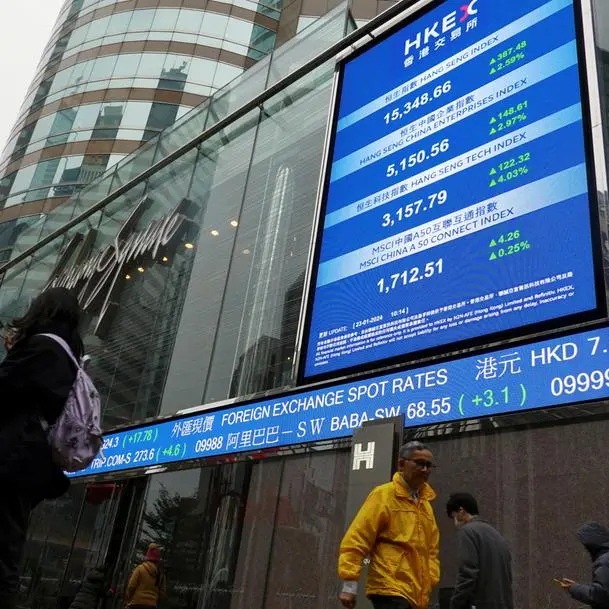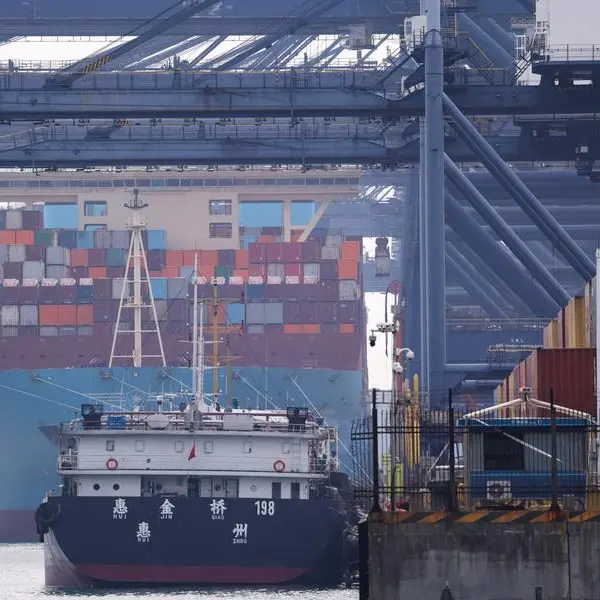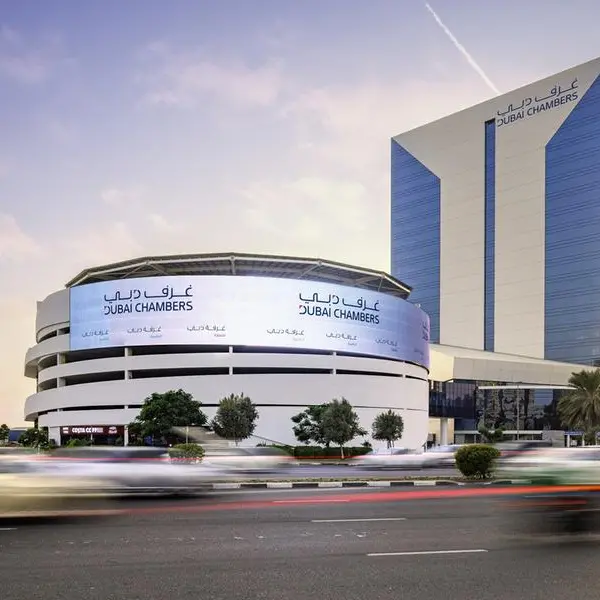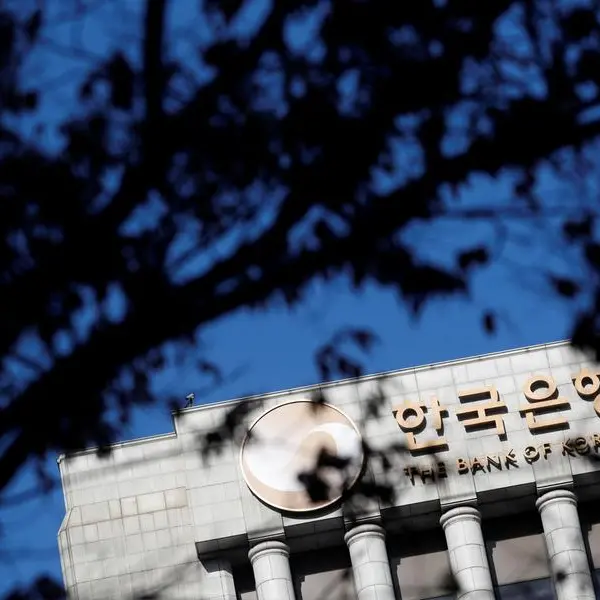PHOTO
The Philippines needs to develop intra-Southeast Asia markets and promote infrastructure investments for a more resilient aviation industry in the post-pandemic environment, the Asian Development Bank (ADB) said.
In a report titled 'Landscape Study on Southeast Asia's Aviation Industry: COVID-19 Impact and Post-Pandemic Strategy,' the ADB provided recommendations for the Philippines for rebuilding a more resilient aviation industry.
Among the ADB's strategy recommendations for the long term growth in the Philippines' aviation sector is the development of intra-Southeast Asian markets, particularly in the Brunei Darussalam-Indonesia-Malaysia-Philippines East ASEAN growth area.
'The Philippines' aviation sector is heavily reliant on North Asia, which accounted for five of the six top markets pre-pandemic. In the post-pandemic era, there is a huge opportunity for intra-Southeast Asia traffic,' the ADB said.
In 2019, Southeast Asia accounted for only six percent of total visitor numbers to the Philippines.
The ADB said there are also opportunities for the Philippines to continue to grow the domestic market, which had nearly recovered by the second half of 2022.
'Point-to-point domestic routes - which increased significantly in the several years pre-pandemic due to congestion in Manila - could account for a large share of the domestic growth over the next decade,' the ADB said.
The multilateral lender said the Philippines will also need to promote infrastructure investments and continue to attract private sector participation in the development of airport assets.
It said the government would need a clear plan and strategy for developing airports in Manila and the rest of the country.
'There is a pressing need to expand airport capacity in the Manila area as demand for air travel to and from the greater capital region of Manila is recovering rapidly and will soon again be above capacity, with massive long- term growth potential if the infrastructure is put in place to accommodate the demand,' it said.
Once there is a clear strategy and plan for the Manila area, it said it will become easier to make plans for airport infrastructure development in other parts of the country.
Last month, the Manila International Airport Consortium (MIAC) submitted an unsolicited proposal to the government to invest P100 billion for the rehabilitation and upgrade of the Ninoy Aquino International Airport.
MIAC is composed of Aboitiz InfraCapital Inc., Ayala Group's AC Infrastructure Holdings Corp., Lucio Tan's Asia's Emerging Dragon Corp., Andrew Tan's Alliance Global - Infracorp Development Inc., Gotianun-led Filinvest Development Corp.; and Gokongwei-led JG Summit Infrastructure Holdings Corp., as well as US-based Global Infrastructure Partners.
In financing airport infrastructure development, the ADB said the government needs to look at a wide range of options and not rely entirely on unsolicited proposals from the private sector.
'Unsolicited proposals and 'Swiss challenges' - which were common for airport projects pre-pandemic - are options but do not always result in the best outcome.The administration should conduct a thorough review of alternatives, ideally with input from development financial institutions, industry stakeholders, and potential partners,' the ADB said.
In addition, it said the government should pursue the development of air cargo infrastructure and support air cargo operators to realize the potential of the rising e-commerce market.
Copyright © 2022 PhilSTAR Daily, Inc Provided by SyndiGate Media Inc. (Syndigate.info).





















